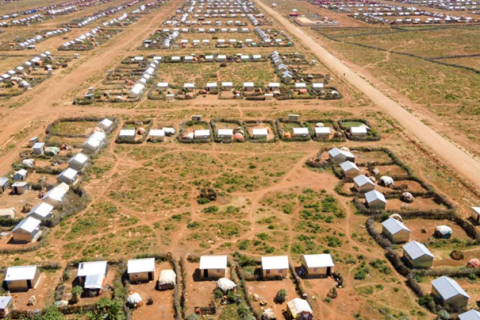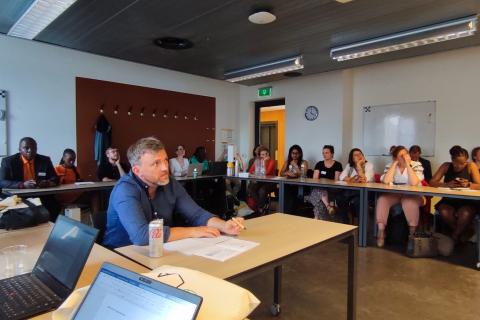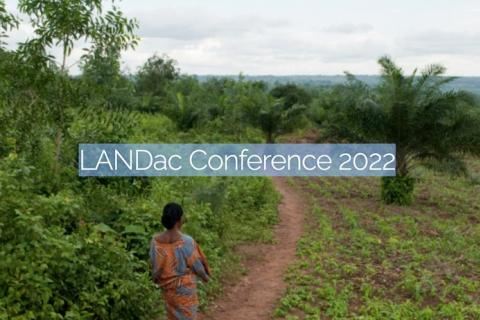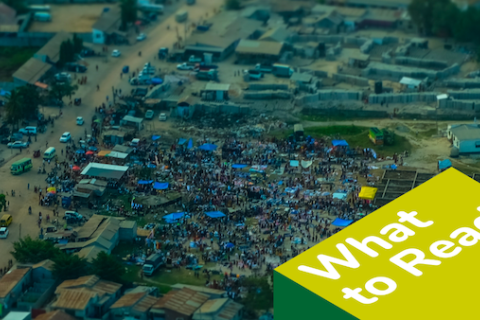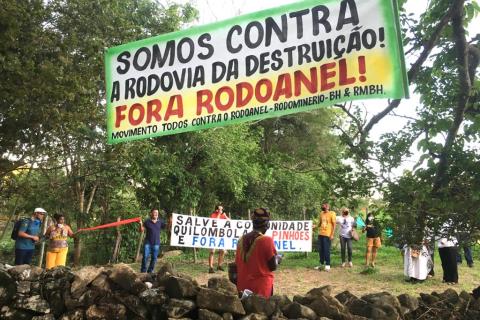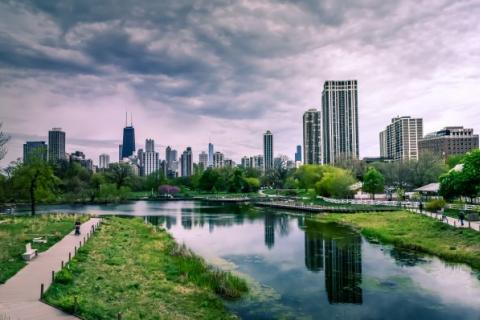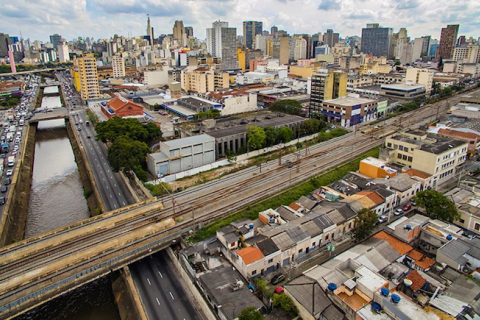Kenya's Devastating Floods: A Stark Reminder of our Land Stewardship Role
My heart aches for all those who have lost their loved ones from the tragedy facing Kenya today as the death toll nears 100. Heavy rains have lashed Kenya in recent weeks, causing widespread flooding that has displaced thousands, destroyed infrastructure, and devastated livelihoods. In the interest of student and staff well-being, the Ministry of Education has announced a delay in school re-opening. While these seasonal floods are not uncommon, the severity of this year's event highlights a crucial issue: our relationship with land.


